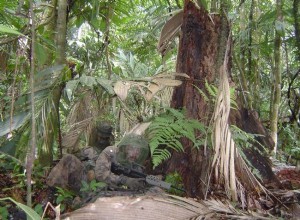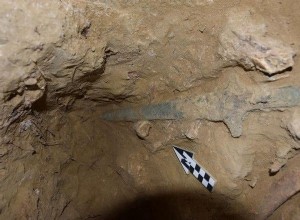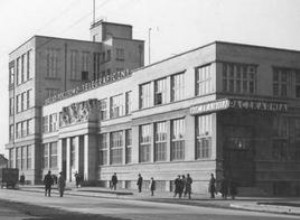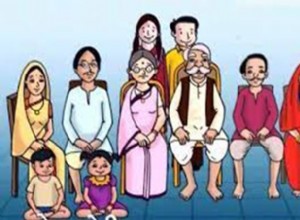They fight in hand-to-hand combat, shoot without a box, parachute and dive. GROM soldiers are ready for any eventuality. It is no coincidence that they are included among the best military special formations in the world. What does it take to become one of them? Selection Getting to GROM, the




